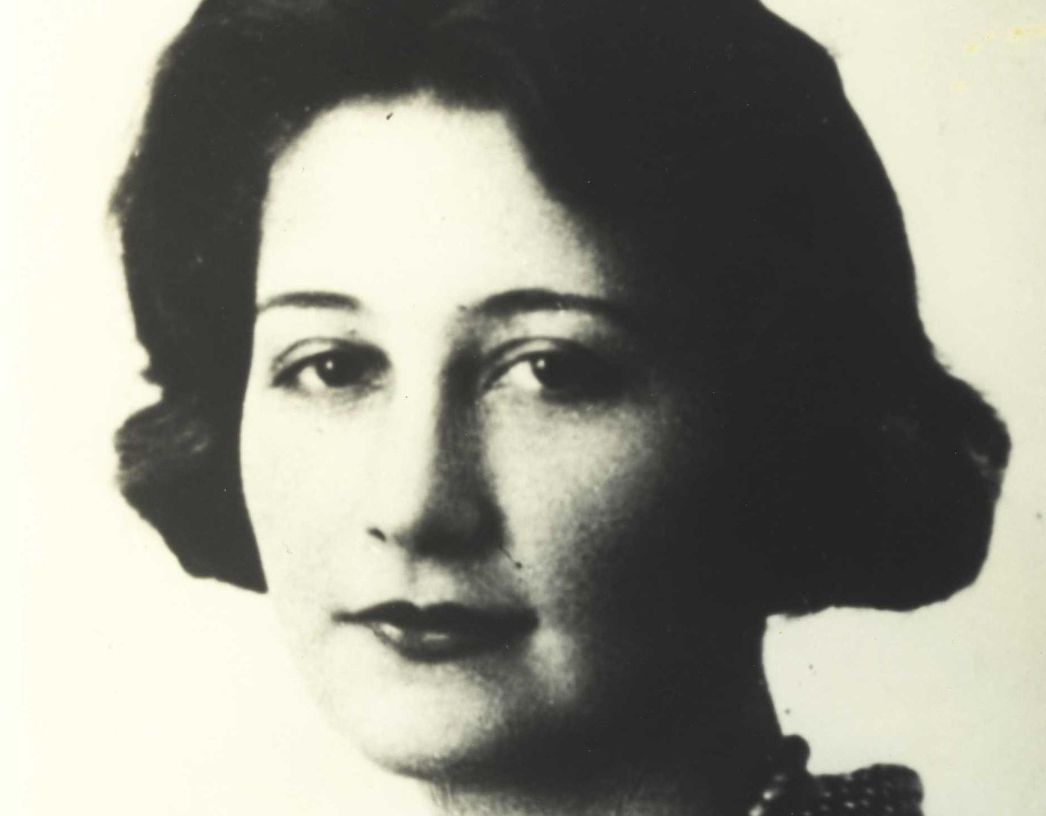Transcript
Narrator “What happened to Annie Gadoll?” asked the Austrian writer Hilde Spiel in her diary in February 1946. At this time Anna Gadoll – in the meantime Peczenik by marriage – had been dead for at least a year. The precise date remains unknown, but her murder at the Buchenwald concentration camp took place sometime in December 1944.
As a young woman living in Vienna, Hilde Spiel had been friends with Anna Peczenik. Between Hilde Spiel’s question and the last time she had seen Anna, Anna’s life and untimely death had unfolded in all its turbulent detail.
Anna Peczenik grew up in a Jewish family. She married the writer Hermann Peczenik when she was 20 years old. In the years that followed, she became a member of the Communist Party of Austria and gave birth to a daughter. In 1934, she was arrested and sentenced to six weeks in prison for “political activity.” Her residence permit for Austria was revoked and in the end she went to live in Prague. One of her friends there was the Czech author Lenka Reinerová. They got together on Saturday evenings at the flat of a befriended married couple to eat, drink and have discussions, and they played the piano and danced in the small living room.
Lenka Reinerová wrote down her memories:
Lenka Reinerová “One time, at the crossroads between night and day, when we finally set out, wanting to quickly say goodbye outside the house in the piercing cold, Anni said: ‘You’ll have to cross your fingers for me next week, all of you. I will be on my way to France then. You know that I’m a nurse, right? At the International Brigades in Spain, they hardly have any trained nurses.’”
Narrator In April 1937, she travelled via Paris to Spain. In the Spanish Civil War, she worked in several different hospitals and cared for the wounded of the International Brigades. Following the defeat of the Popular Front government, she returned to France and supported communist groups in the resistance. Disguised as a French foreign worker, she went back and forth between Paris and Austria as a messenger. In 1944, she and a whole group of comrades were arrested and taken to the Ravensbrück concentration camp. From there she was transferred to Magdeburg-Polte, a subcamp for women belonging to the Buchenwald concentration camp. There, inmates were forced to work in the weapons industry. Many of the women had to handle toxic chemicals without protection. Among the inmates was Cilli Muchitsch. She recounted:
Cilli Muchitsch “Anni Petschenig ... she was an absolutely fantastic woman ... In Magdeburg, at the camp, we were sitting on the plank bed, and she told us: ‘Girls, dress properly! Try to dress up a bit and you won’t be so glum. It’s depressing for the others when one of us comes across as miserable.’ – We even shortened our work coats, imagine! You were given any sort of rag at random, you know, that didn’t even fit you. And Anni always told us: ‘Don’t let them get your morale down! You’ll see, everything will turn out well; the war will soon be over. Stay stong!’ That was late in the autumn of ’44. One day they took her, our Anni. That was terrible for us. When the female overseer came back with her clothes, we knew it was over for Anni.”
Narrator Anna Peczenik was murdered in Buchenwald in December 1944. The actual circumstances of her death remain unknown.


